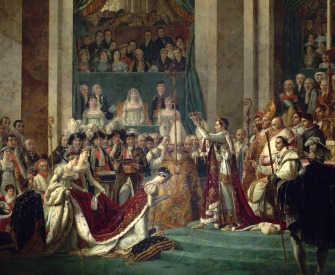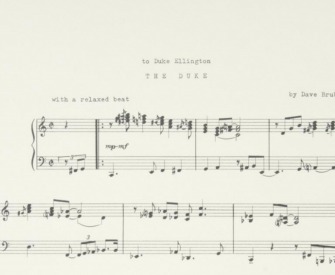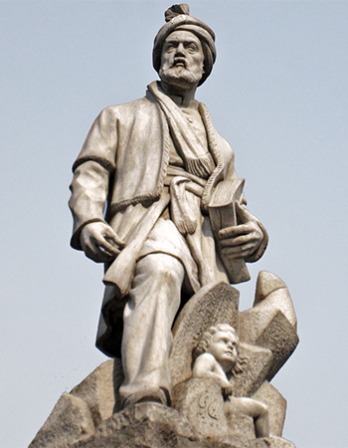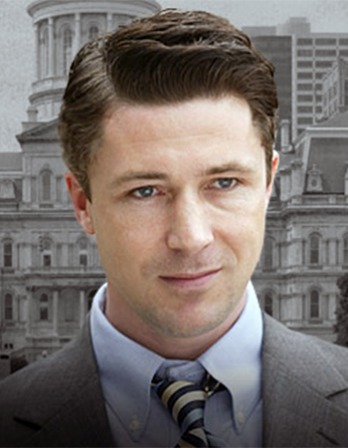—What are we waiting for, gathered in the agora?
The barbarians are arriving today.
—Why is nothing happening in the senate?
Why do the senators sit making no laws?
Because the barbarians are arriving today.
What laws can the senators make now?
When the barbarians come, they will make laws.
—Why did our emperor wake up so early,
and, in the city’s grandest gate, sit in state
on his throne, wearing his crown?
Because the barbarians are arriving today,
and the emperor is waiting to receive
their leader. In fact, he prepared
a parchment to give them, where
he wrote down many titles and names.
—Why did our two consuls and the praetors
come out today in their crimson embroidered togas;
why did they don bracelets with so many amethysts
and rings resplendent with glittering emeralds;
why do they hold precious staffs today,
beautifully wrought in silver and gold?
Because the barbarians are arriving today,
and such things dazzle barbarians.
—Why don’t the worthy orators come as usual
to deliver their speeches and say their piece?
Because the barbarians are arriving today
and they are bored by eloquence and harangues.
—Why should this anxiety and confusion
suddenly begin. (How serious faces have become.)
Why have the streets and squares emptied so quickly,
and why has everyone returned home so pensive?
Because night’s fallen and the barbarians have not arrived.
And some people came from the border
and they say the barbarians no longer exist.
Now what will become of us without barbarians?
Those people were some kind of solution.
©2006 by Aliki Barnstone. Used with permission of W.W. Norton & Company, Inc.
“Waiting for the Barbarians.” Cavafy was a self-proclaimed “poet of old age” and published around two hundred poems in his life, the first English edition of his work appearing eighteen years after his death in 1933. He worked as a clerk in Alexandria’s Third Circle of the Irrigation of Public Works from 1892 until 1922. His sparse and sensual poetry influenced many writers, among them E.M. Forster, W.H. Auden, Lawrence Durrell, and Leonard Cohen.
Back to Issue





